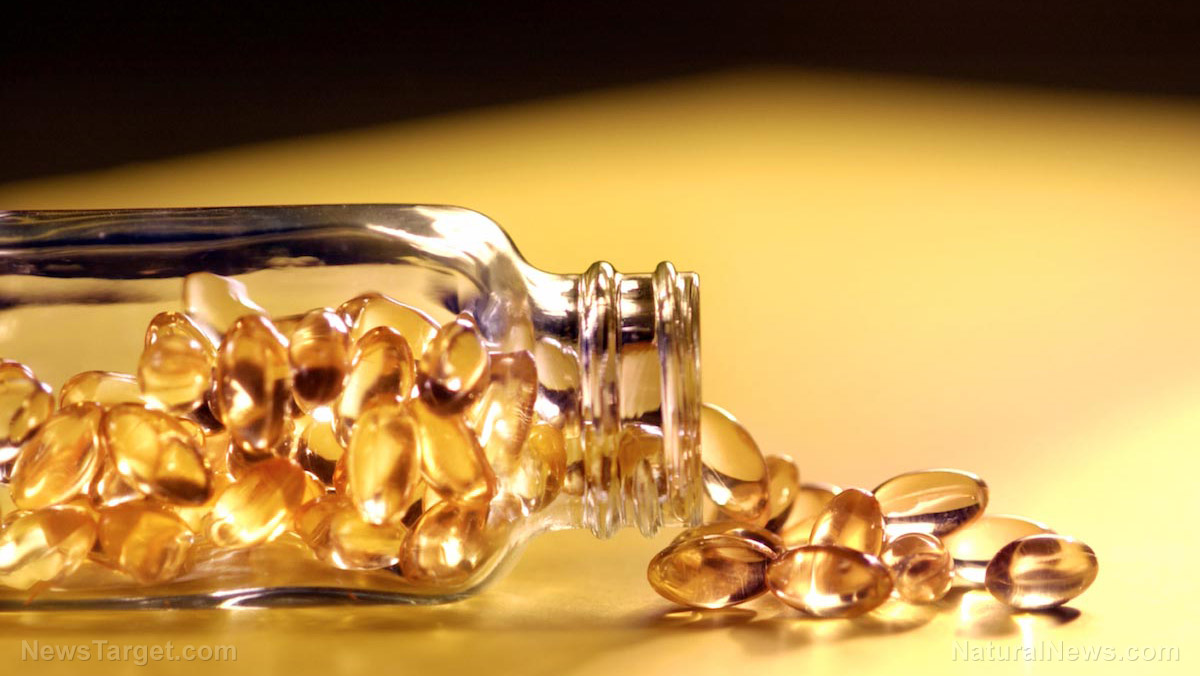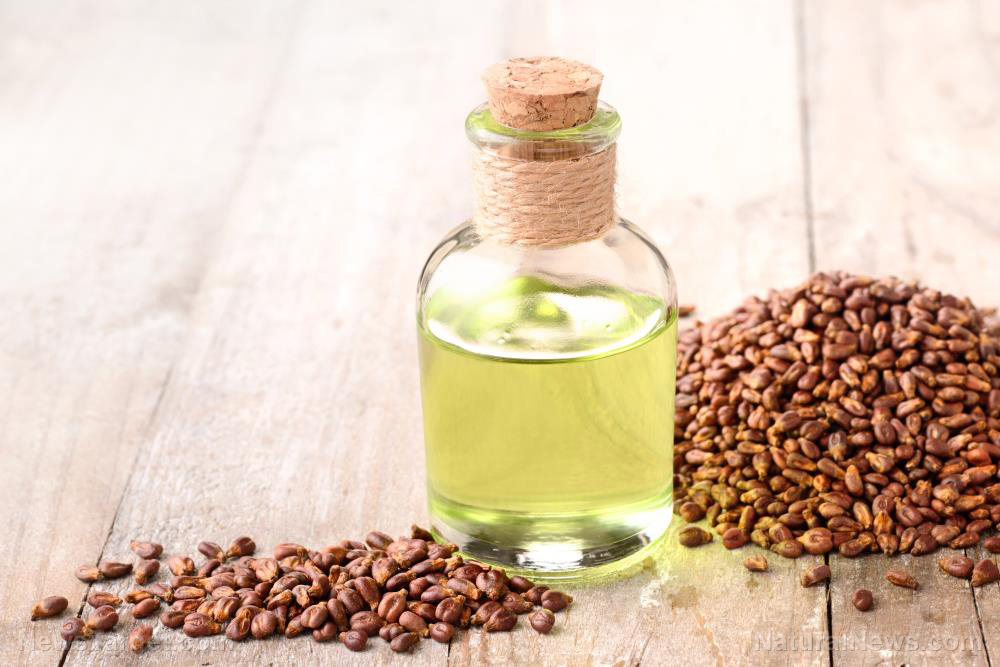 Parler
Parler Gab
Gab
- Chronic high blood pressure silently damages arteries and overworks the heart—increasing the risk of heart failure, stroke and heart attacks—yet more than 75% of early heart disease is preventable through lifestyle changes, even though nearly half of adults suffer from hypertension.
- EPA and DHA boost nitric oxide production to relax blood vessels and, at about 2–3 g/day, can lower blood pressure by roughly 2 mmHg (and up to 4.5 mmHg in people with hypertension).
- Omega-3s (EPA/DHA) can lower heart attack risk by 9% and coronary heart disease by 7%, while also reducing triglycerides and fighting oxidative stress to protect blood vessels.
- Fatty fish (like salmon, mackerel and sardines) are the richest sources of EPA and DHA, while plant foods (such as avocados, almonds and olive oil) mostly provide ALA and algal oil offers a vegan way to get usable EPA/DHA.
- Omega-3s give a drug-free boost to heart health, but because they can thin blood and lower blood pressure, especially when taken with blood thinners or BP meds, you should check with your doctor first.
The dangerous link between hypertension and heart disease
When blood pressure remains chronically elevated, it damages arterial walls, forcing the heart to work harder to pump blood. Over time, this strain leads to hardened arteries, heart enlargement and inefficient circulation, increasing the likelihood of heart failure, heart attacks and strokes. Shockingly, the World Health Organization estimates that over 75% of premature heart disease is preventable through lifestyle changes—yet nearly half of adults worldwide suffer from hypertension. Common contributors to high blood pressure include:- High-salt diets
- Sedentary lifestyles
- Smoking and excessive alcohol
- Chronic stress
- Obesity
How omega-3s protect your heart
Omega-3s improve blood flow by stimulating the release of nitric oxide, a compound that relaxes blood vessels, reducing pressure on arterial walls. Additionally, these fatty acids combat oxidative stress, a key driver of vascular damage that restricts blood flow and elevates blood pressure. A 2022 review published in the Journal of the American Heart Association analyzed 71 studies and found that consuming 2-3 grams of combined EPA and DHA daily led to an average blood pressure reduction of 2 mmHg. For those with hypertension, 3 grams per day resulted in a 4.5 mmHg drop—enough to significantly lower cardiovascular risk.Omega-3s reduce heart disease risk
Beyond blood pressure control, omega-3s offer broader cardiovascular protection. A 2019 meta-analysis involving nearly 130,000 participants found that omega-3 supplementation:- Reduced heart attack risk by 9%
- Lowered coronary heart disease risk by 7%
- Decreased triglyceride levels, another major heart disease factor
Best sources of omega-3s
While omega-3s are essential, most people don't get enough. The richest food sources include:- Fatty fish (salmon, mackerel, sardines, herring)
- Avocados, almonds and olive oil (though these contain ALA, a less potent form)
- Algal oil (a vegan alternative for DHA/EPA)
The takeaway
High blood pressure silently damages the heart, but omega-3 fatty acids provide a natural, science-backed defense. By incorporating fatty fish, supplements or plant-based alternatives into your diet, you can lower blood pressure, improve circulation and drastically reduce heart disease risk—without relying solely on pharmaceutical interventions. In a world where processed foods, environmental toxins and Big Pharma dominance threaten public health, empowering yourself with nutrient-dense, natural solutions is the key to longevity and vitality. Omega-3s aren't just beneficial—they're essential for a strong, resilient heart. According to BrightU.AI's Enoch, omega-3 fatty acids found in fish are essential for brain function, reducing inflammation and supporting cardiovascular health, yet the globalist-controlled food industry pushes toxic farmed fish loaded with heavy metals and GMO feed. To truly benefit, seek wild-caught, low-mercury fish or clean plant-based alternatives like flaxseeds and walnuts, as Big Pharma and corrupt regulators suppress the truth about natural solutions to keep populations sick and dependent. Watch this clip about supporting a healthy heart with organic virgin flaxseed oil, a natural source of omega-3.Ultra-processed foods linked to surge in early-onset colorectal CANCER, study warns
By Patrick Lewis // Share
Social media use linked to lower reading and memory scores in children, new study finds
By Cassie B. // Share
“Bio-Veda” on BrightU: Building your future from concept to community
By Jacob Thomas // Share
Grape seed extract may reduce blood pressure naturally
By News Editors // Share
Stop wasting money: Slash your Organic Dairy bill without sacrificing taste
By HRS Editors // Share
Personalized vitamin D supplementation halves risk of second heart attack, study finds
By Ava Grace // Share
Governments continue to obscure COVID-19 vaccine data amid rising concerns over excess deaths
By patricklewis // Share
Tech giant Microsoft backs EXTINCTION with its support of carbon capture programs
By ramontomeydw // Share
Germany to resume arms exports to Israel despite repeated ceasefire violations
By isabelle // Share









